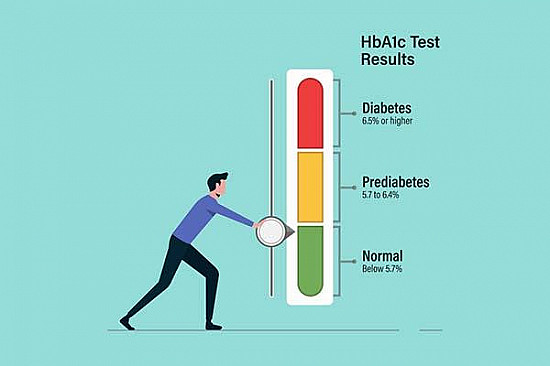News briefs: Eating fruit is better for you than drinking fruit juice
|
Photo: Thinkstock |
When it comes to adding fruit to your diet, go with the whole fruit but not juice. A Harvard study in the Aug. 29, 2013, BMJ found that drinking a serving of fruit juice every day was associated with as much as a 21% increased risk of developing diabetes. Why? "The juicing processes lead to lower contents of beneficial phytochemicals and dietary fiber. In addition, juice fluids are absorbed more rapidly and lead to more dramatic changes after eating in blood sugar and insulin levels than solid whole fruits," explains senior author Dr. Qi Sun, assistant professor in the Department of Nutrition at the Harvard School of Public Health. The good news is that eating at least two servings per week of whole fruits—especially blueberries, grapes, and apples—was associated with a 23% lower risk of developing diabetes.
Disclaimer:
As a service to our readers, Harvard Health Publishing provides access to our library of archived content. Please note the date of last review or update on all articles.
No content on this site, regardless of date, should ever be used as a substitute for direct medical advice from your doctor or other qualified clinician.
















